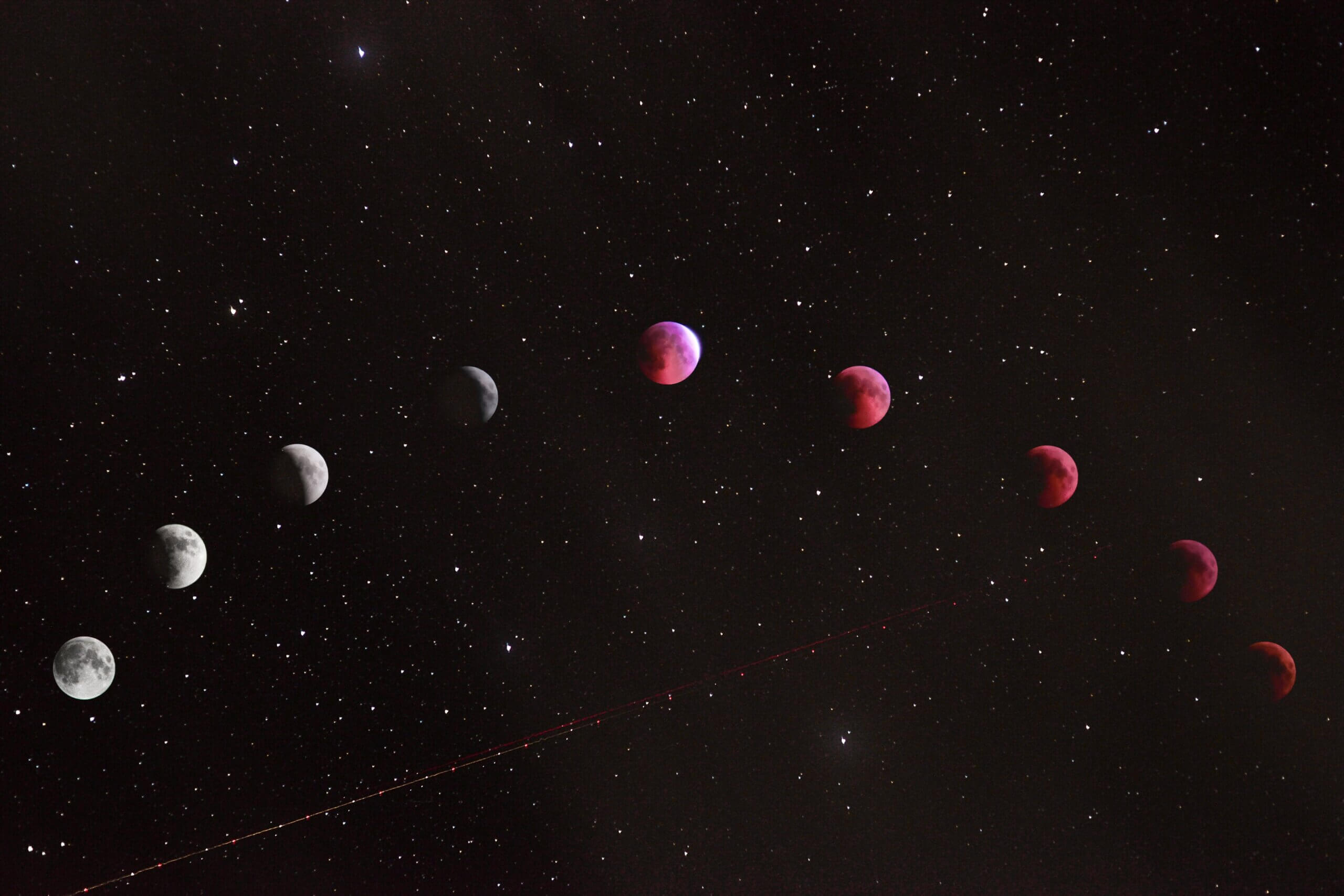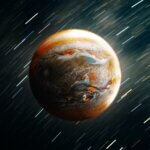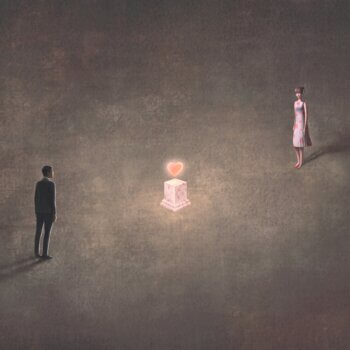Key Takeaway
Astrology is often associated with exclusivity, as it describes traits of different zodiac signs for a large audience. However, the scientific community has rejected the idea that celestial signs influence a person’s life or personality traits. A 1985 experiment by physicist Shawn Carlson found that astrologers were able to persuade clients through body language, verbal cues, and facial expressions rather than celestial divination. This suggests that astrology may not be as scientifically sound as some may believe.
For those of you interested in astrology and the forecast of your future, there is a vital piece of information you’re missing. In fact it may be that for your entire life you’ve been associating with the wrong sign.
Let’s take me as an example. Having been born on July 18th, my sign would traditionally be interpreted as that of a Cancer: nurturing, sensitive, loving, but also mercurial and easily agitated. These things are all true of me…under certain conditions. Just how they can be true of anyone under the right conditions. Astrology is nothing more than a play on people’s love of exclusivity. We see this when people cheer relentlessly for a sports team, when they’re patriotic, when they talk about their ancestry or their hometown or their political preferences. These are all exclusive groups that give their members the opportunity to feel seen, and many times the opportunity to feel superior than those outside of the group.
Because it must apply to an enormous range of people, trait descriptions for so many zodiac signs are vague. After all, anyone can be as playful and curious as a Gemini, or as logical and practical as a Virgo when the need calls for it. The truth is that the traits of the different zodiac signs describe all of us on different days and under different circumstances. They are slippery, shifting descriptions meant to appeal to a large audience. And astrology does have a large audience at that.
About one-third of Americans believe there is some scientific backing to astrology. With a population of over 300 million, this means over 100 million people believe that astrology is in some way scientifically sound. This couldn’t be further from the truth. The scientific community has repeatedly rejected celestial signs as having any influence on a person’s life or personality traits. It may at first seem that astrology is a mere take on Carl Sagan’s poetic, “We are made of star stuff”. If it’s true that the same elements which abound in stars are the elements from which life was created, then there may be some truth to the fact that our fates are dictated by these celestial nurseries.
This idea was tested in 1985 by physicist Shawn Carlson who conducted a double-blind experiment involving 30 astrologers and 116 people. His results went on to be published in the prestigious science journal Nature. These 30 astrologers from across America and Europe were, according to their peers, the very best in the business. The astrologers were asked to review the natal charts for 116 subjects. Natal charts contain a person’s date, time, and place of birth. They were then shown 3 personality descriptions per subject, with only one being an accurate match. These personality descriptions came from the California Personality Inventory (CPI), a scientifically accepted test that measured dominance, aggressiveness, and other such important personality traits. The task was to find the one accurate description that matched each of the 116 subjects, and all this without ever meeting them in person. Random luck would dictate that you have a 33% chance of guessing correctly. This matches perfectly with the outcome Carlson observed. The astrologers were only able to match one in three charts correctly.
Carlson understandably came to the conclusion that astrologers were able to persuade their clients not by skills of celestial divination, but by deciphering certain traits, wants, and doubts from body language, verbal cues, and facial expressions. In-person meetings were a great way to do cold readings. Carlson himself was a skeptic that likened astrologers to charlatans and would perform demonstrations of his own “psychic abilities”.
At the end of the research the physicist had this to say:
We are now in a position to argue a surprisingly strong case against natal astrology as practiced by reputable astrologers. Great pains were taken to insure that the experiment was unbiased and to make sure that astrology was given every reasonable chance to succeed. It failed. Despite the fact that we worked with some of the best astrologers in the country, recommended by the advising astrologers for their expertise in astrology and in their ability to use the CPI, despite the fact that every reasonable suggestion made by advising astrologers was worked into the experiment, despite the fact that the astrologers approved the design and predicted 50% as the “minimum” effect they would expect to see, astrology failed to perform at a level better than chance. Tested using double-blind methods, the astrologers’ predictions proved wrong. Their predicted connection between the positions of the planets and other astronomical objects at the time of birth and the personalities of test subjects did not exist. The experiment clearly refutes the astrological hypothesis.
And what of the people that swear by their horoscopes? This is similar to God answering a religious person’s prayer. A person may get a new job or become pregnant for any number of perfectly normal and logical reasons but the religious person will attribute it to God because it is what they want and have been primed to see. They have already told themselves that any fortunate news will be the doings of God, and so it becomes just so in their mind. It helps that horoscopes, too, are slippery and ambiguous and can be interpreted any number of ways.
But there are people who will continue to believe in astrology despite the findings of science. This habit may seem harmless to most people, though some intellectuals and sociologists have said that the encouraged belief in astrology leads to a fatalist mindset or an inclination to believe in increasingly superstitious and scientifically unfounded ideas.
I personally have no stock in astrology, but I do believe there is an important fact that should be taken into account by those that subscribe to the zodiac.
Your personal sign is dictated by which constellation the sun is in at the time of your birth. Different dates relate to different constellations because Earth is, of course, moving in rotations and revolutions through the Solar System. That means that on July 18th when I was born, the sun should have been in the constellation of Cancer. But the Earth’s rotation isn’t perfect. As it spins on its axis there is also an additional motion that we call “precession”. This wobble is caused by the influence of the sun and the moon on Earth’s equatorial bulge. The cycle of precession spans about 25,772 years. Though astrology originated only some 2,400 years ago, already this motion of precession has lead to a big discrepancy between the old map of astrological signs and the actual placement of the constellations today.
Precession has changed the zodiac backward by about one month. An Aries according to the original zodiac would be a Pisces today accounting for precession.
The following list is the signs corrected for precession:
Capricorn — Jan 20 to Feb 16
Aquarius — Feb 16 to Mar 11
Pisces — Mar 11 to Apr 18
Aries — Apr 18 to May 13
Taurus — May 13 to Jun 21
Gemini — Jun 21 to Jul 20
Cancer — Jul 20 to Aug 10
Leo — Aug 10 to Sep 16
Virgo — Sep 16 to Oct 30
Libra — Oct 30 to Nov 23
Scorpius — Nov 23 to Nov 29
Ophiuchus — Nov 29 to Dec 17
Sagittarius — Dec 17 to Jan 20
Just like that, I have been transformed from the nurturing and warm Cancer to the energetic and playful Gemini. Many people will no doubt find that their original sign has transformed. You may even be a sign few people have ever heard of before: Ophiuchus, the 13th sign. Except in astrology it’s not formally recognized as a sign and is not usually incorporated into the practice. Instead, people who fall on the dates of the Ophiuchus constellation are said to be a cross between the signs of Scorpio and Sagittarius.
At the end of the day, if astrology were in fact a serious scientific idea it would change in the face of contradictory evidence. A hypothesis wishing to explain the natural world must be tested and, when it is tested and proven false, that hypothesis must then be modified if it wishes to continue claiming any scientific backing. Astrology has not changed in thousands of years. As it surges in popularity as a form of self-care and comfort, it’s important to remember that nothing in one’s horoscope is set in stone. An unfavorable sign or reading is no reason to adopt a fatalist mindset. Astrology should at most be approached as fun, not fact.





























